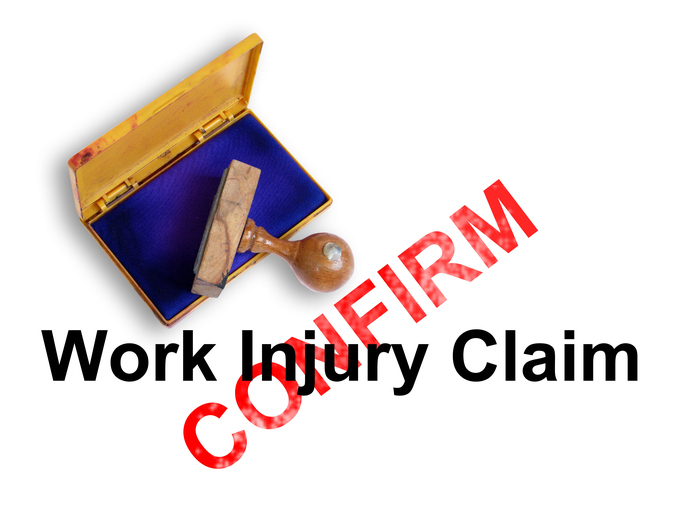Generally, an employee cannot sue his employer for negligence. Pursuant to the Washington Industrial Insurance Act, commonly known as worker’s compensation, the exclusive remedy for an on-the-job injury is a worker’s compensation claim. An employer is immune from a suit brought by his employee.

Historically, workers, through legislation, agreed to give up their rights to sue their employers and employers agreed to pay for worker’s on-the-job injuries through worker’s compensation. Obviously, worker’s compensation is an important aspect of the safety net for laborers and helps to protect the interests of both employers and employees.
What are Problems with Worker’s Compensation?
One of the major downfalls of worker’s compensation, however, is that an injured employee cannot seek all of the compensable damages available to a claimant in a personal injury action. A worker’s compensation claim will only page medical bills and percentage of lost wages. By comparison, a personal injury claim seeks medical bills, full wage loss and loss of income earning potential, and general damages.
In short, a worker’s compensation claim does not fully compensate a worker for his or her injuries.
So, it is important to consider whether an entity other than the employer of the injured person is responsible for the injury. Whether a company is defined as an employer – and therefore immune from liability – is a product of Industrial Insurance Act and our Courts’ interpretations of that Act.
When is Worker’s Compensation Applicable?
There are two primary situations in which a personal injury claim for an on-the-job injury would be viable, despite the immunity found in the Industrial Insurance Act. First, when a person is injured while working because of the negligence of a person or entity that is not his or her employer. Second, when the “employer” is not an employer by law, such as an employee working through a temporary staffing agency.
Most commonly, an on-the-job personal injury claim will survive worker’s compensation immunity when the injury is caused by another company or a person employed by another company. This type of situation is extremely common in construction site injuries.
For example, if a painter, employed by a painting subcontractor, is injured when scaffolding collapses on a job site, the painter may have personal injury claims against the scaffolding subcontractor and the general contractor of the project. If neither the general contractor nor the scaffolding contractor is the employer of the injured painter, he may have a claim against them for personal injury.
Though less common, when a temporary staff employee is injured on-the-job, it is possible that the staffing agency, and not the company where the injured employee physically works is the “employer” for the purpose of worker’s compensation. The relationship between the temporary staffing agency and the company controls the question. The facts of the employment in question, the contract between the two entities, and questions of industrial insurance payment will determine whether a temporary employee can maintain a personal injury action. The analysis is relatively complicated and an injured employee should consult an attorney to determine whether he can maintain a personal injury claim.
Regardless of whether a personal injury claim can be maintained, an injured employee will have worker’s compensation benefits available to him. If the employee can then maintain a personal injury claim, he will have to pay back the worker’s compensation benefits to the State of Washington from any settlement proceeds.
Work with a Personal Injury Attorney for Your Worker’s Compensation Claim
Needless to say, the involvement of worker’s compensation makes any analysis of a personal injury claim quite complicated. You should contact your attorneys at Russell & Hill to discuss the various issues that on-the-job injuries can create. If your injury is limited to worker’s compensation, the staff at Russell & Hill will be happy to refer you to a worker’s compensation attorney.
